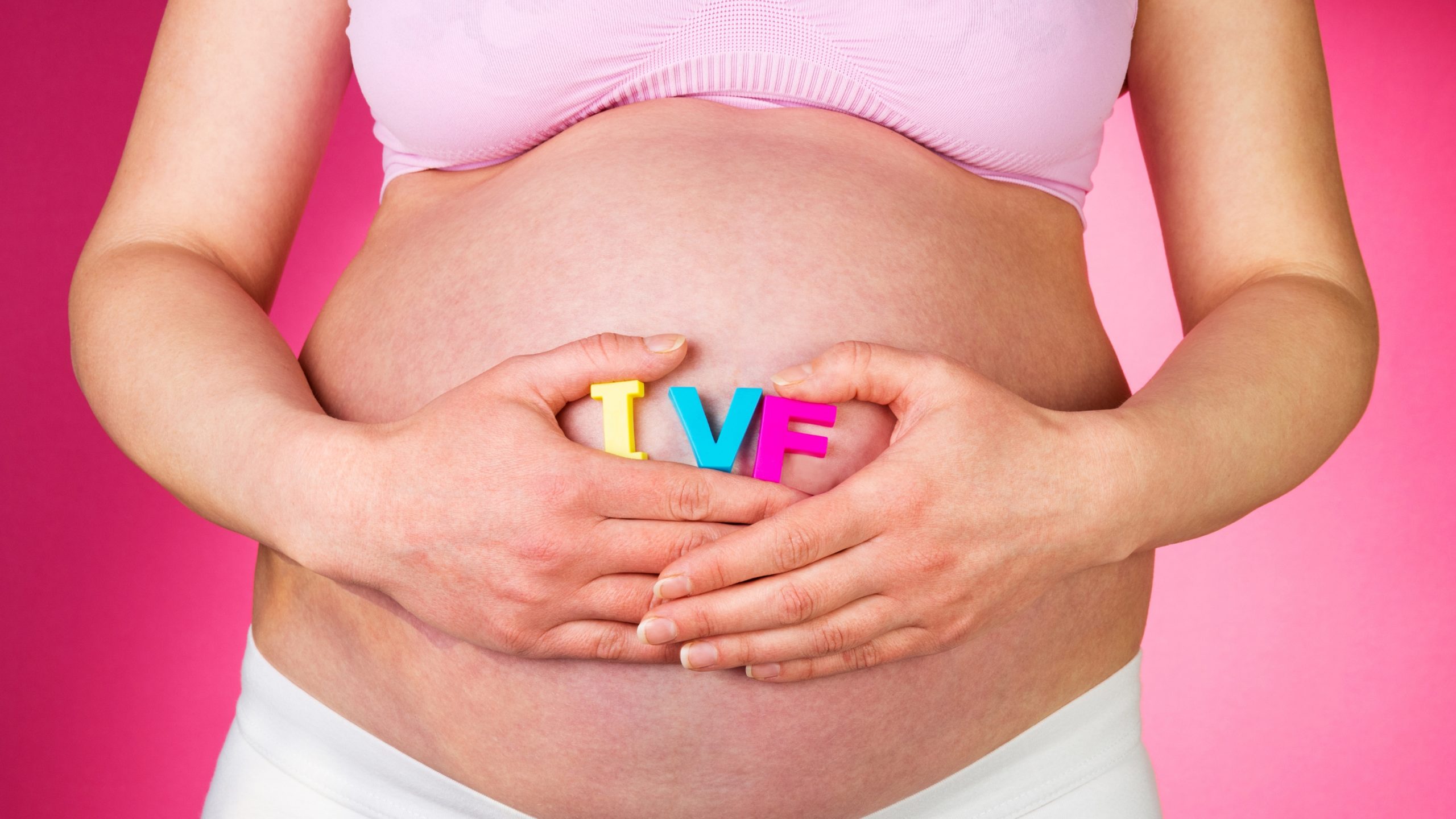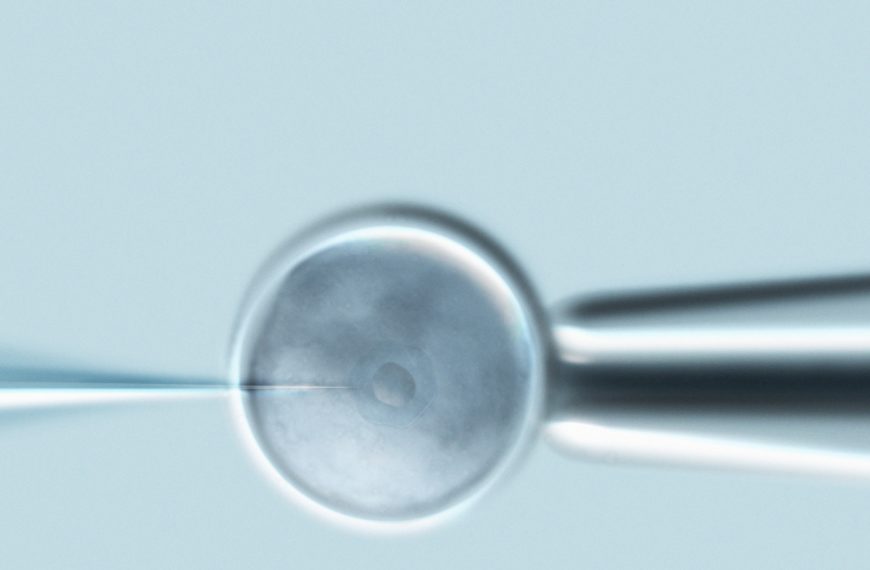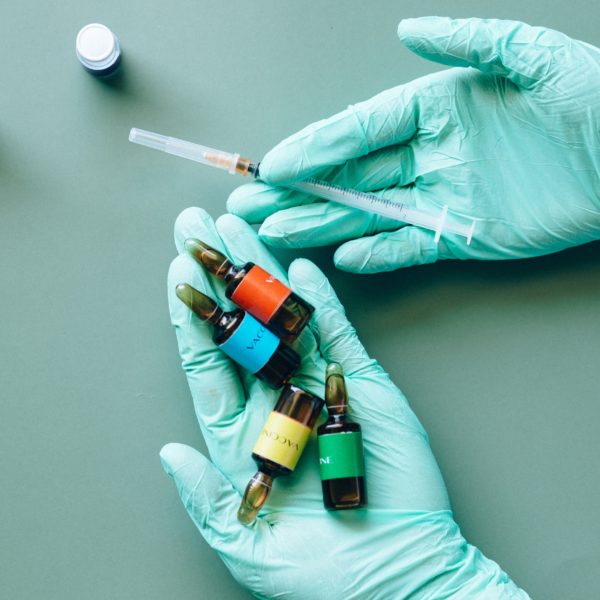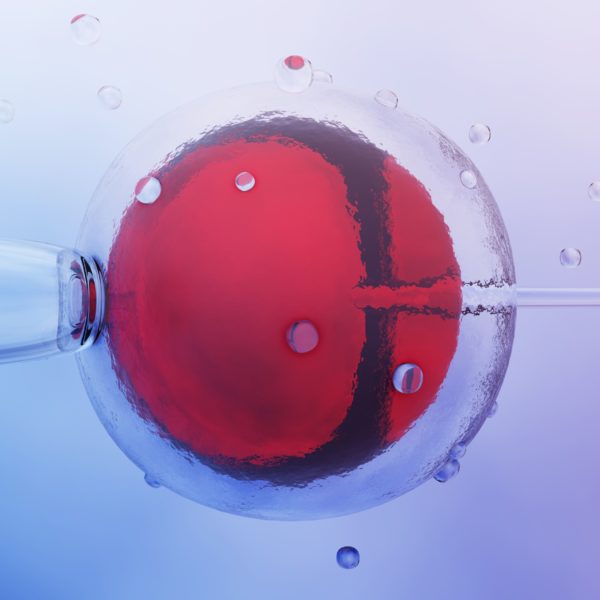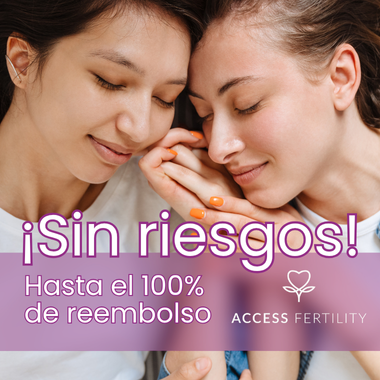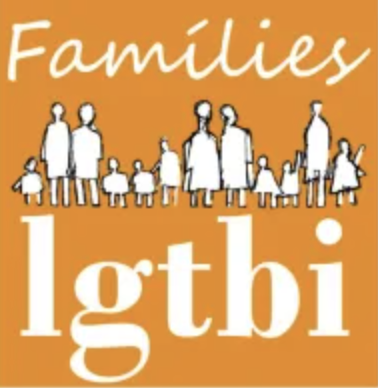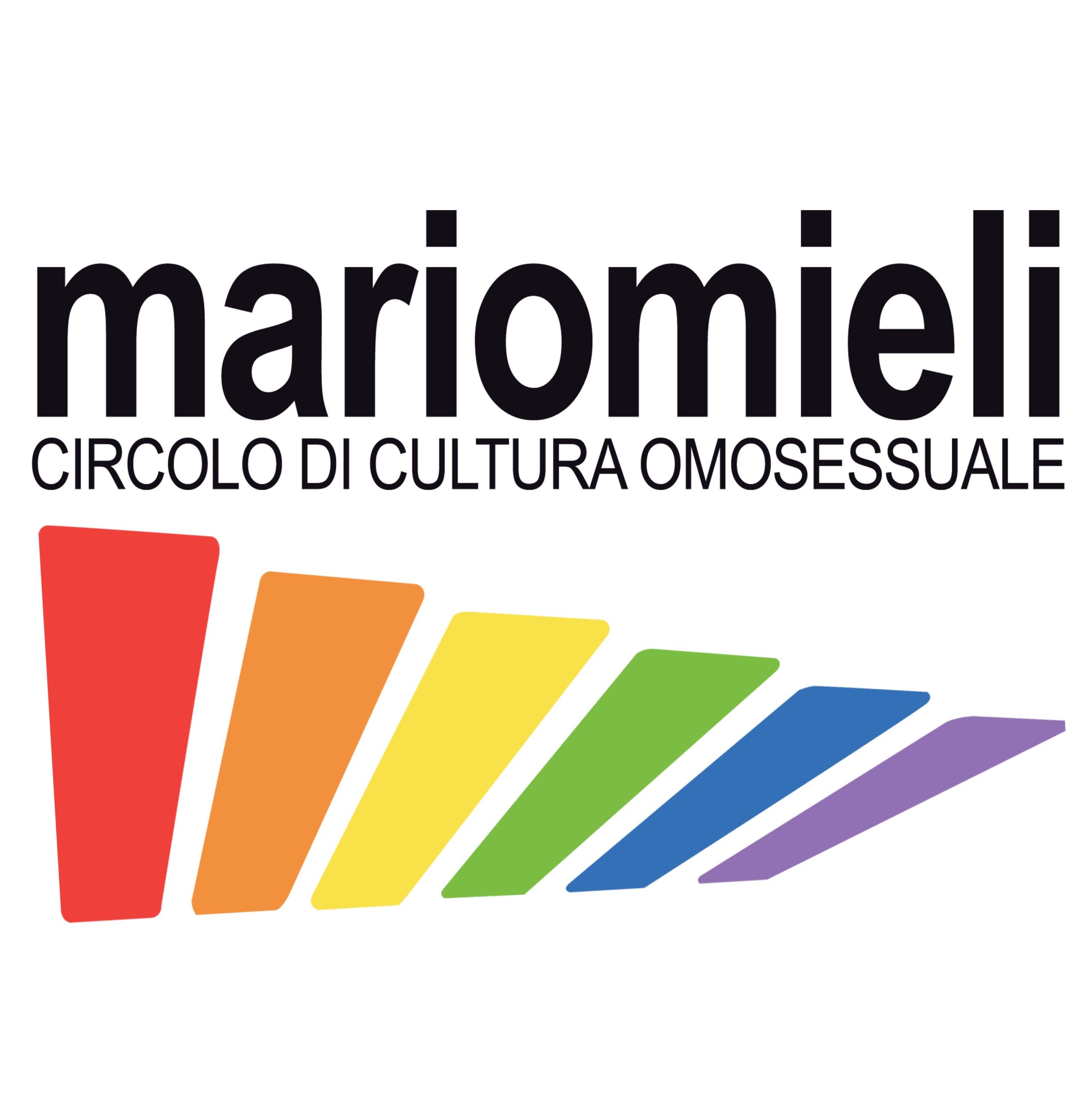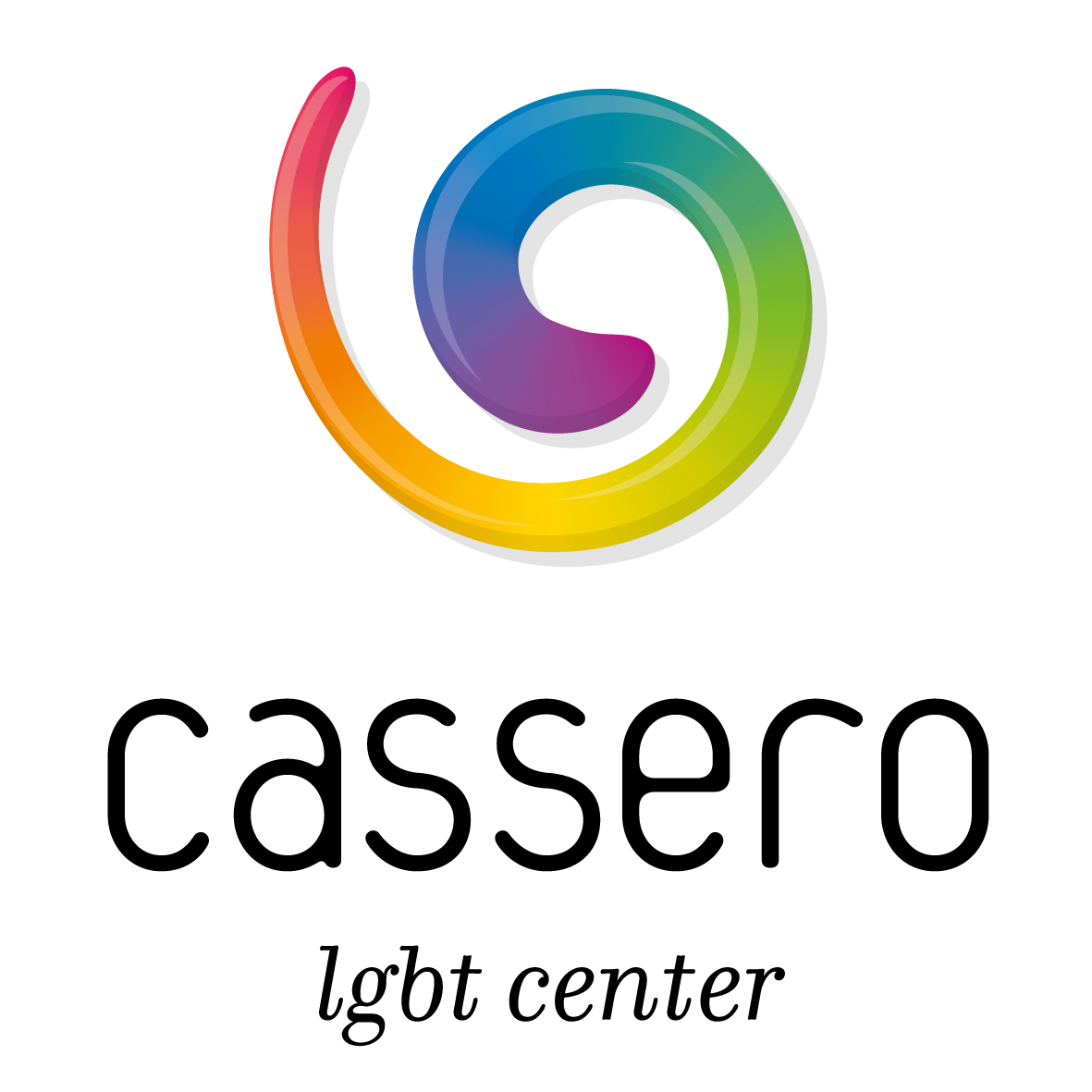The donation of eggs, sperm and embryos is a fundamental solution for many couples or individuals facing fertility problems and wishing to have a child. Thanks to assisted reproduction techniques such as artificial insemination (AI) and in vitro fertilisation (IVF), various fertility-related obstacles can be overcome.
There are cases in which gamete donation becomes the only viable option for achieving pregnancy. In addition to gamete donation, unallocated embryo donation is also carried out, a process that involves the donation of embryos.
Below, we will explore in detail how these treatments work, their advantages and disadvantages, and answer some of the most frequently asked questions about egg, semen and embryo donation.
Table of contents
1. What is gamete donation?
Gamete donation is the process by which a person donates their eggs or sperm altruistically and anonymously to help other people achieve pregnancy. There are various reasons why a couple or individual may need to resort to gamete donation.
In Spain, Law 14/2006 regulates that this process must be anonymous and voluntary. The fertility clinic is responsible for selecting and matching donors with recipients, taking into account physical and immunological compatibility.
2. Advantages and disadvantages of donation
2.1. Advantages
- Possibility of pregnancy: For many couples, gamete donation is the only way to achieve pregnancy and start a family.
- High success rate: Donating eggs or sperm generally offers a higher success rate in IVF treatments due to the genetic quality of the gametes.
- Accessible treatments: Thanks to donation, women with low ovarian reserve or fertility problems can achieve pregnancy.
2.2 Disadvantages
- Renunciation of genetic material: Parents will not share genetic material with their child in the case of egg or sperm donation.
- High cost: Treatments with donated gametes are usually more expensive than those with own gametes due to financial support for donors and additional treatment costs.
3. When is donation necessary?
Gamete donation may be necessary in the following cases:
- Genetic disorder: To avoid passing on genetic diseases to offspring.
- Poor egg or sperm quality.
- Advanced maternal age or low ovarian reserve.
- Repeated IVF failures with own gametes.
- Recurrent miscarriages.
📋 Each case is unique and requires an individual medical assessment.
If you are considering treatment with donation, we can help you decide on the best option for you based on your diagnosis. Request your personalised assessment with no obligation.
Sperm donation can also be used when a woman does not have a male partner or in cases of poor sperm quality, either for artificial insemination (AI) or IVF.
4. Egg and sperm donation
4.1 Egg donation
Egg donation involves a woman donating her eggs for another woman to use in IVF treatment. This process is recommended when the recipient cannot use her own eggs due to age, poor egg quality or other factors causing infertility.
Treatment with donated eggs has a high success rate, as the eggs come from young, healthy donors. However, the recipient does not contribute any genetic material, which is something that many women need to consider emotionally.
4.2 What are sperm donation treatments like?
Sperm donation is less complex than egg donation. Donor sperm is mainly used for artificial insemination (AI) or IVF. To make a donation, the man must provide a semen sample, which is analysed and frozen. The sample is then used to fertilise the recipient woman’s eggs.
Donor sperm is mainly used by single women or lesbian couples, and has enabled the creation of new family models.
5. Pregnancy with embryo donation
Embryo donation or embryo donation without assigned destination involves a couple donating their surplus embryos from an IVF cycle so that another couple can use them in their fertility treatment. This option is particularly beneficial when embryos have been created that will not be used by the original couple.
Embryo donation has a slightly lower success rate than IVF with donated gametes, as the embryos come from another fertility cycle and are not always of the same quality.
6. How much do donation treatments cost?
Assisted reproduction with donation treatments are usually more expensive due to the financial assistance paid to donors and the additional costs of the process.
- Artificial insemination with donor sperm (AID): Between €1,100 and €1,700.
- IVF with donor eggs: Between €4,500 and €9,000.
- IVF with double donation (eggs and sperm): Between €4,500 and €9,500.
- Embryo donation: Between €3,000 and €5,000.
It is important to note that hormone medication and additional treatments (such as embryo vitrification) are not usually included in these prices.
💶 At Rainbow Fertility, we offer competitive prices, tailored financing and a completely personalised medical approach.
Check here for our updated prices for donation treatments.
7. User questions
For some patients, egg donation is the only way to achieve pregnancy. Do you think there is currently a shortage of egg donors?
Although egg donation is an increasingly popular process, waiting lists still exist, mainly because only a small percentage of women who register as donors are ultimately accepted.
How much do they pay for sperm donation?
Semen donors receive financial assistance that varies per sample, and they usually donate 12 samples.
What are the consequences of egg donation for children? Does it affect their emotional development?
Studies indicate that children born from egg donation show no differences in intellectual or emotional development compared to children born from biological gametes.
Should I explain to my son that I needed to resort to donation?
Experts suggest that, although it is a personal decision, talking about gamete donation in a natural way and without hiding it promotes the healthy emotional development of the child.
How many egg donation attempts are necessary to achieve success?
There is no set number, but egg donation generally increases the success rate compared to treatments using your own eggs.
Do you have any questions?
At Rainbow Fertility, we specialise in treatments such as egg donation, in vitro fertilisation and artificial insemination, among others.
8. Authors and contributors
This article was written by the fertility medical team at RainbowFertilityBarcelona.com, which is made up of gynaecologists, embryologists and assisted reproduction specialists.
Do you have any questions or need more information?
Schedule a consultation with us at Rainbow Fertility and discover how we can help you. At Rainbow Fertility, we specialise in treatments such as egg donation, in vitro fertilisation and artificial insemination, among others.
Please do not hesitate to contact our professionals at our fertility clinic and they will answer all your questions without obligation.
🌈 Are you ready to take the first step?
At Rainbow Fertility, we accompany you throughout the process with empathy, experience and medical commitment.
Schedule your appointment with us and start your journey towards fertility.


